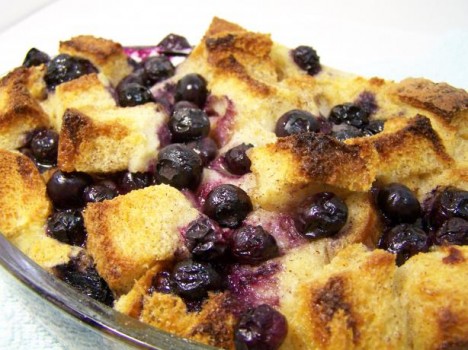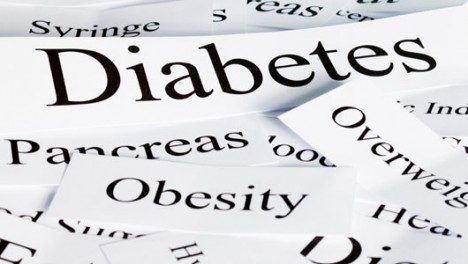
If you have diabetes you should follow a special diet. Here’s a sample diabetic meal plan that is about 1,600 calories and 220 grams of carbohydrates. Remember to drink two 8-ounce glasses of water with each meal.
In today’s busy world, it’s difficult enough for most of us to get a meal on the table at all—let alone follow a healthy meal plan every day. When you are in a rush, it’s easy to forget about eating right or even eating at all. In our haste, we do not always make the best food choices.
But it is possible to meet the demands of your day and still eat in a healthy way. The secret?
Plan ahead. Just half an hour of planning can give you a week’s worth of healthy and tasty meals and snacks.
Breakfast
(360 calories, 52.5 grams carbohydrate)
1 slice toasted whole wheat bread with 1 teaspoon margarine
1/4 cup egg substitute or cottage cheese
1/2 cup oatmeal
1/2 cup skim milk
1/2 small banana
Lunch
(535 calories, 75 grams carbohydrate)
1 cup vegetable soup with 4-6 crackers
1 turkey sandwich (2 slices whole wheat bread, 1 ounce turkey and 1 ounce low-fat cheese, 1 teaspoon mayonnaise)
1 small apple
Dinner
(635 calories, 65 grams carbohydrate)
4 ounces broiled chicken breast with basil and oregano sprinkled on top
2/3 cup cooked brown rice
1/2 cup cooked carrots
1 small whole grain dinner roll with 1 teaspoon margarine
Tossed salad with 2 tablespoons low-fat salad dressing
4 unsweetened canned apricot halves or 1 small slice of angel food cake
Snacks
(Each has 60 calories or 15 grams carbohydrate. Pick two per day.)
16 fat-free tortilla chips with salsa
1/2 cup artificially sweetened chocolate pudding
1 ounce string cheese plus one small piece of fruit
3 cups light popcorn




